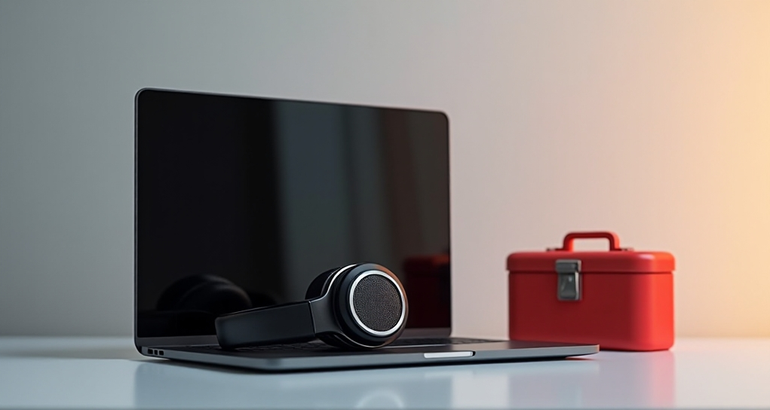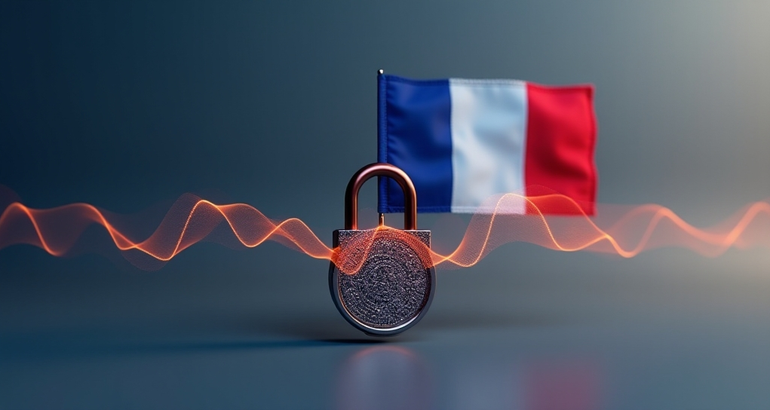6 Tips to Stay Secure on Public Wi-Fi

- Public WiFi
- Tips





Overview
Cafes, airports, restaurants and hotels offer the convenience of public Wi-Fi and attract more customers, but connecting to open Wi-Fi networks can also increase security risks. Fortunately, it's not hard to protect yourself from online threats. Here's what you need to know about public Wi-Fi.
Contents
What are some common public Wi-Fi risks?
How to stay secure on public Wi-Fi?
What are some common public Wi-Fi risks?
Since public Wi-Fi networks are usually open and less secure, they are vulnerable to various types of cyber attacks. The following are common public Wi-Fi risks.
① Data Breach and Hacker Attacks
In the age of the Internet, data has a high value and data breaches are very common. Stores and restaurants collect your data to develop their marketing strategies. Advertising companies push ads based on your browsing content.
In more serious cases, cybercriminals can steal your photos, contacts, and even credit card information over public Wi-Fi. They may use this information to commit fraud, apply for loans or carry out other criminal activities.
② Malware infection
When using public Wi-Fi, your device is vulnerable to malware infections. There are many ads that pop up when you browse websites, and these ads may contain malware. Clicking on it may bring viruses or Trojans into your phone or computer, causing your device to crash or personal information to be leaked.
How to stay secure on public Wi-Fi?
Here are some tips to avoid risks when connecting to public Wi-Fi:
① Use a VPN
Using a VPN can keep you safe online, keep your activities private, and block ads, trackers, and malware. MetroVPN is easy to use and is a simple way to solve this problem.
② Choose public networks carefully
Always connecting to a trusted Wi-Fi network is a great way to stay safe and protect your privacy online. If you are in a cafe or hotel lobby, make sure the poster or signage with the name of the Wi-Fi network matches the one you want to connect to. Avoid connecting to networks with suspicious names, especially those with strange misspellings or capitalization.
③ Turn off auto Wi-Fi connection
Please check if your device has auto Wi-Fi connection turned on. Turning it off will be able to reduce the risk of accidental connection to virtual networks and avoid unnecessary damage.
④ Avoid accessing important software
You should avoid accessing applications and websites for important accounts such as bank accounts, password managers or cloud backups. It's best not to log into them over public Wi-Fi.
Disconnect from public Wi-Fi when you need to provide personal information online, such as email addresses, phone numbers, or even ID card numbers.
⑤ Use antivirus software
Antivirus software protects your device from malware and alerts you if you enter a suspicious network or detect any suspicious activity.
⑥ Rotate regularly and use strong passwords
Set a complex password, for example using 8-15 characters, which contains letters, numbers and special characters. A unique password should be used for each important account. Do not use duplicate passwords to avoid hacking multiple accounts in case of a breach.






